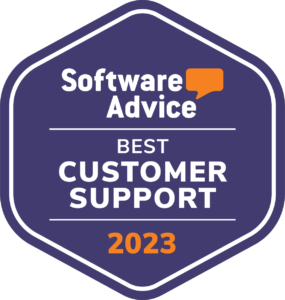Discover The Top Reasons Why The Apparel And Fashion Industry Requires A Specialized ERP System Tailored To Its Unique Demands

The apparel and fashion industry is a whirlwind of creativity, constantly adapting to trends and consumer demands. This constant flux translates to a vast array of products, each with numerous variations. From size and color to material and embellishments, managing these variations is crucial for success. But here’s the catch: traditional Enterprise Resource Planning (ERP) systems often struggle to keep up.
We will explore the top reasons why the apparel industry needs a specialized ERP system tailored to its unique demands, particularly focusing on variation management. While traditional ERP systems offer valuable functionalities, they often lack the nuance needed for the apparel industry’s unique challenges. An apparel-specific ERP goes beyond basic inventory management, addressing the critical aspect of variation management.
Why Variation Management Matters in Apparel
Apparel thrives on variation. A single style can have countless variations in terms of:
- Size: From XS to XXXL and everything in between.
- Color: From classic black to seasonal hues and bold patterns.
- Material: Cotton, silk, leather, and countless blends.
- Details: Buttons, zippers, embellishments, and different finishes.
These variations create a vast array of SKUs (Stock Keeping Units) that a traditional ERP might struggle to handle effectively. Here’s how an apparel ERP empowers you:
- Limited Variation Handling: Traditional ERPs might struggle to handle the complex hierarchies and relationships between parent styles, child styles, sizes, colors, and other variations. This can lead to data inaccuracies and inefficiencies.
- Inventory Management Challenges: Keeping track of stock across styles, variations, and locations can be a nightmare without a specialized system.
- Seasonality and Trends: Apparel is fast-paced, with seasonal changes and evolving trends. A traditional ERP might not be able to adapt quickly enough to these shifts, hindering your ability to respond to market demands.
The Impact of Apparel ERP Beyond Variation Management
A specialized apparel ERP offers a plethora of additional benefits:
- Product Lifecycle Management: From design conception to final sale, track the entire lifecycle of a garment, enabling informed decision-making.
- Supply Chain Collaboration: Improve communication and transparency with suppliers and manufacturers, ensuring smooth collaboration.
- Trend Forecasting and Demand Planning: Leverage data analytics to anticipate trends and optimize production based on predicted demand.
- Enhanced Customer Experience: Offer a seamless omni-channel experience by integrating your ERP with e-commerce platforms and other customer touchpoints.
The Takeaway:
Investing in a specialized apparel ERP system is not just about managing variations; it’s about leveraging the unique demand of the apparel industry. By providing superior variation management, inventory control, and industry-specific functionalities, an apparel ERP empowers brands to streamline operations, optimize costs, and stay ahead of the curve.
Connect with us today, our expert team is here to guide you through the process and help you discover the transformative potential of our solutions.
Stay tuned for our series of insightful blogs—your roadmap to exploring the full potential of ERP.


